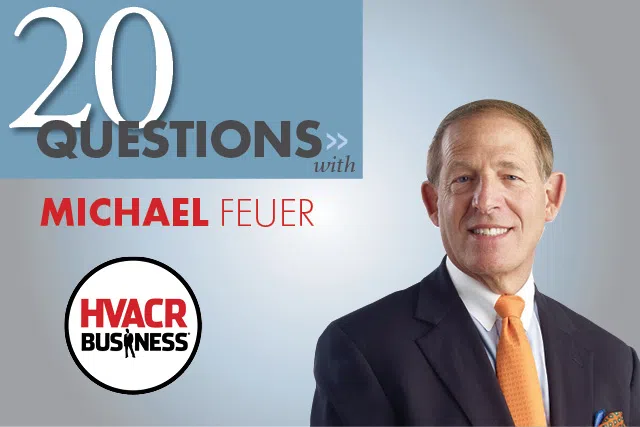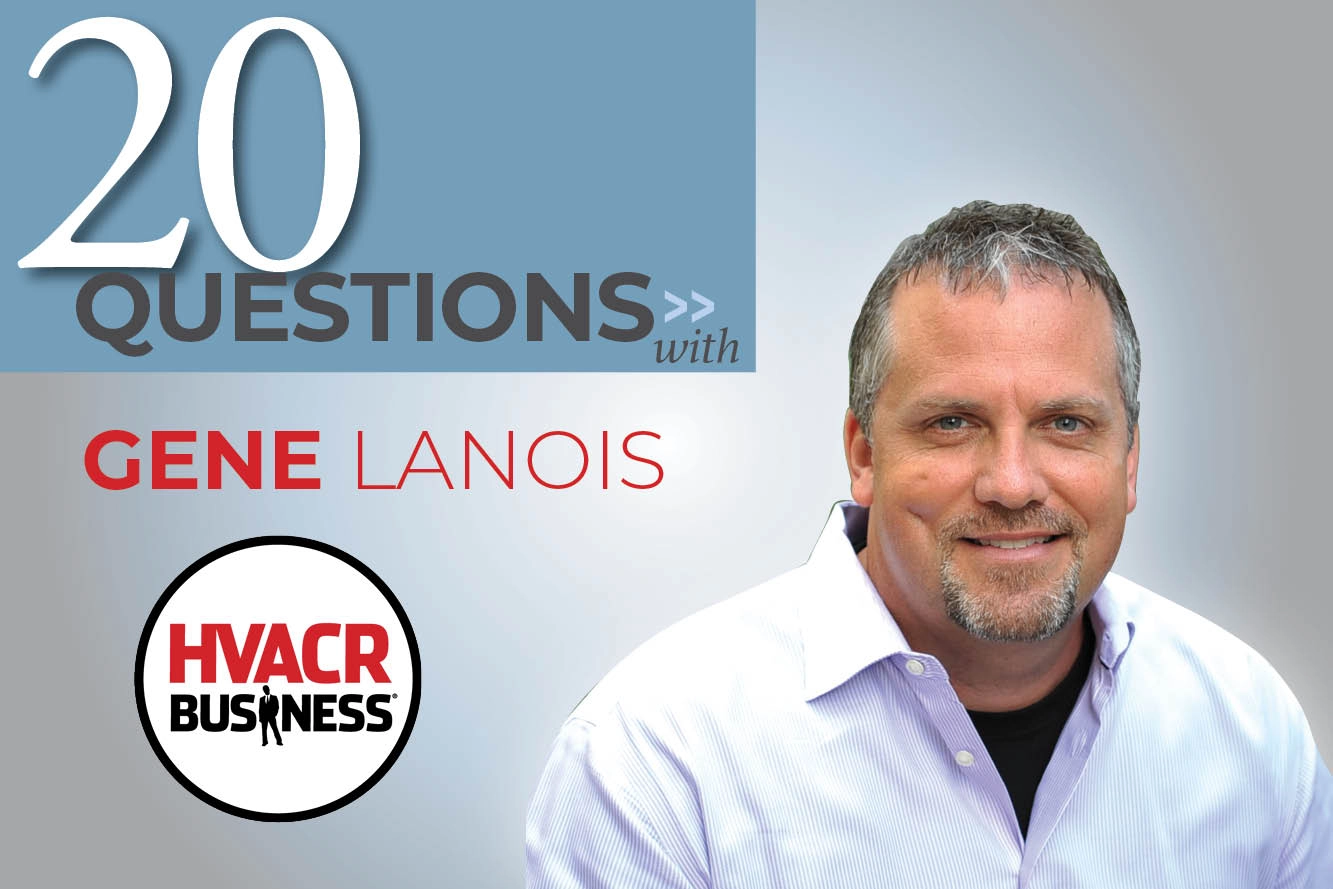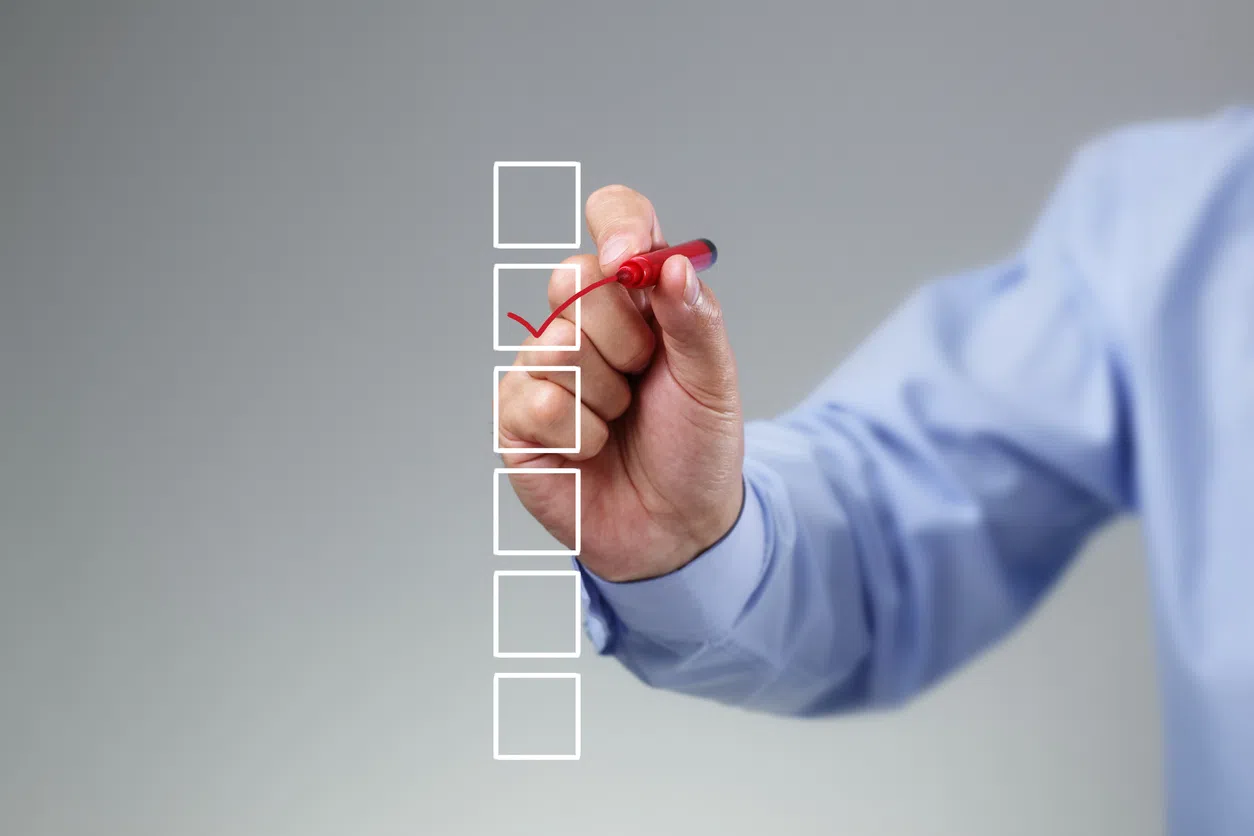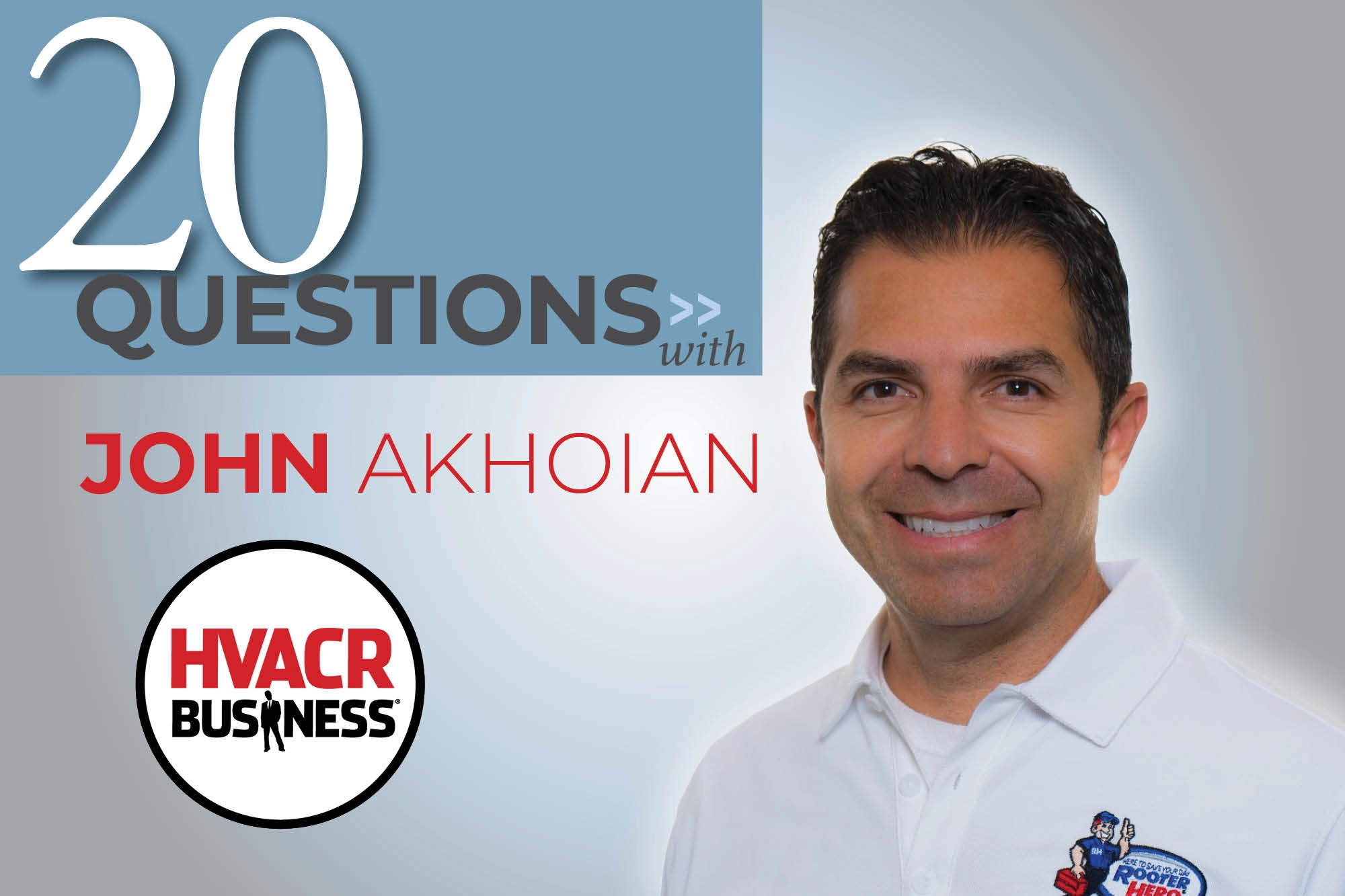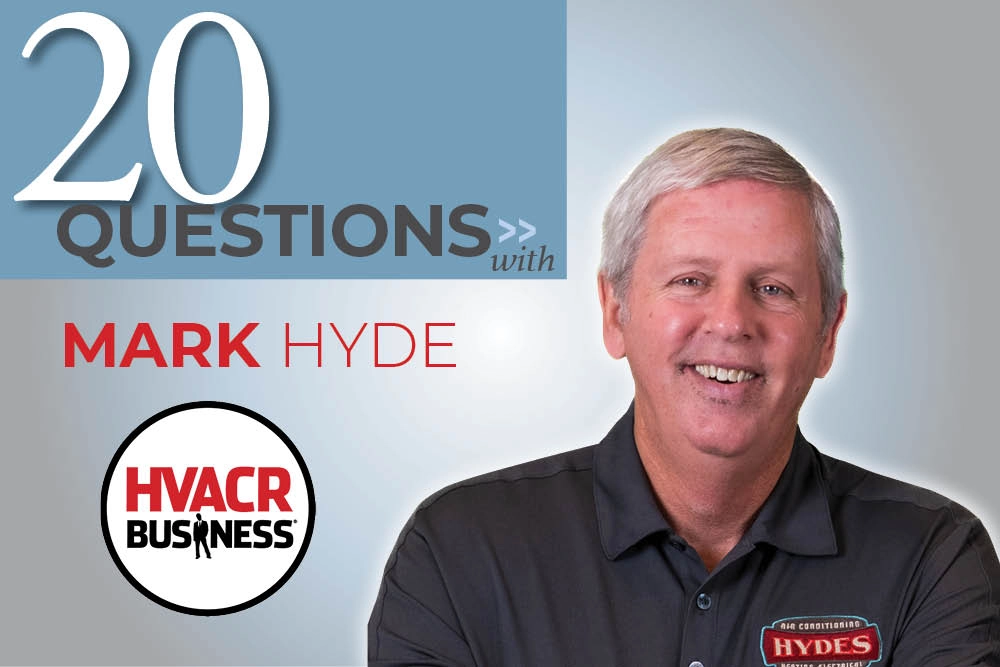Terry Tanker met with Michael Feuer, who co-founded OfficeMax in 1988, with $20,000 of his own money. During a 16-year span, Feuer, as CEO, grew the company to almost 1,000 stores worldwide with annual sales of about $5 billion before selling this retail giant for almost $1.5 billion in 2003.
1. What would surprise people about you?
I’m a motorcycle rider. I even raced them when I was younger.
2. Personally, how do you keep your business edge?
I’m into physical fitness because it keeps me in “fighting” shape. I work out six days a week.
3. Can you sum up your business philosophy?
Always look at what you are trying to sell through the eyes of the consumer. Secondly, always have a back-up plan. Plan A usually never works as intended, so you need to be flexible and adapt. Trust, but always verify. And finally, stir the pot. I hate the phrase if it ain’t broke don’t fix it. Break it so you can make it better.
4. You have a new book out, The Benevolent Dictator. Why did you write it?
I’ve always enjoyed writing. I find the process energizing. A good writer has to be a good thinker, and I enjoy thinking.
5. Where can our readers buy a copy?
Amazon.com, my website thebenevolentdictator.biz or any large retailer.
6. In addition to the book, you have a new business venture — Max-Wellness. What is the business concept?
It’s a store for every age, at every stage of life, featuring over 7,000 products to enhance life, help prevent illness, and treat wellness issues. It’s the fruition and realization that companies and the government cannot be expected to continue to take care of everyone. Individuals have to take responsibility for their own health needs and those of their family. Companies can’t do it anymore. It’s too expensive.
7. How will you launch the brand?
We’ve opened six brick-and-mortar stores [at time of interview], we have our online store, and soon you will see “Wellness in a Box,” which is similar to the Best Buy vending machines you see in airports. Ours will be in hospitals, hotels, urgent-care centers, exercise facilities, and senior-living centers. The products offered will be specific to each location. We also have Mini- Max, which operates smaller-version stores in hospitals.
8. As a retailer, do you like having the stores? Are they a necessity?
Yes to both. The stores are part of the branding process. They anchor the business and serve as a great laboratory to test new products and concepts.
9. You have an interesting approach to business plans. What’s your philosophy?
Entrepreneurs like to write these painfully long and detailed five-year plans; but too many companies die in the first year, so what good are they? In this digital age, change happens in minutes rather than weeks, months, or years.
10. How difficult is it to get your management team to think along the same lines?
The name of my book answers that question. What it means is that as the boss, your job is to do what’s right for the greater good of all involved — employees, customers, whomever. The dictator piece simply means when the time for talking is done, your job is to make the decision and decide which fork in the road to take.
11. Why do so many CEOs run companies with three- and five-year plans?
Comfort and safety. If things aren’t going well, it buys you time.
12. Do you have any other advice about business plans in general?
Don’t fall in love with how you’re going to do something. Instead fall in love with what you will accomplish, and change your methods and techniques as needed to make the results better.
13. You quoted Kenny Rogers’ lyrics, “you’ve got to know when to hold ’em, fold ‘em, and walk away,” as great business advice. Why?
Most business people don’t know when to pull the plug, get up and leave, or simply change. No one likes to lose. Sometimes the smartest course of action is to walk away.
14. How often do entrepreneurs make the right decision when they reach phase two (after getting started), as described in your book?
Not very often. Most entrepreneurs are creative or simply good at getting out of the starting blocks, but don’t know how to get to the next level. When you start out and have one store, you do everything — design, production, marketing, sales. Thing are great, and you have lots of energy. But when you have multiple stores, you have to know how to accomplish objectives through others.
15. Entrepreneurs often aren’t good delegators. Why?
Entrepreneurs tend to do many things well themselves. One of their fears (and dangers) is letting go of things they do well.
16. What’s the best way to manage business risk?
First, identify the risks, and the down side. What is the worst-case scenario? And then know your limits. How much pain can you endure either mentally or without going out of business? You can’t manage what you don’t know. Once you know, you can make decisions on how deep you can go.
17. How many landmines were you able to sidestep while setting up Max-Wellness because of your OfficeMax experiences?
Literally hundreds. You’re always smarter the second time around because you know what your tolerances are.
18. Why do entrepreneurs need a sense of “Fear of Failure,” or FOF, as you call it?
As soon as you believe you’re as good as you think you are, it’s over. Don’t take anything for granted.
19. What’s the best way to motivate co-workers?
Make them part of the process. History shows us the best leaders pick a common enemy. Get them to focus on a common enemy or common cause. Get everyone focused.
20. Do you have any parting words of wisdom?
Share as much information as you can with everyone you can. Let co-workers know they have a chance to go farther faster with you than any other place, and they are limited only by their own energy, ingenuity, and ability.

